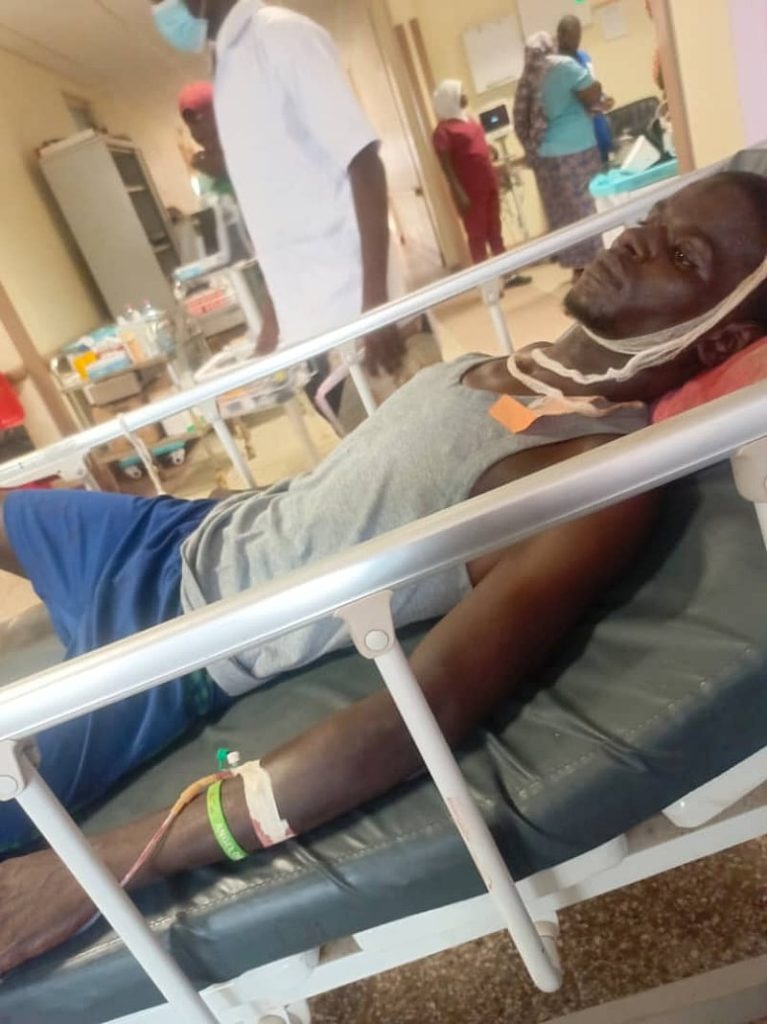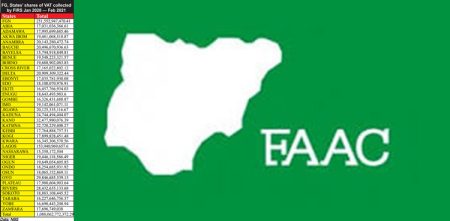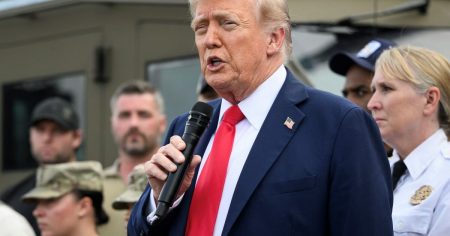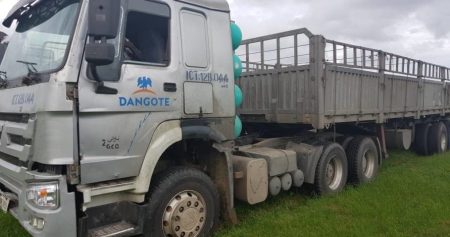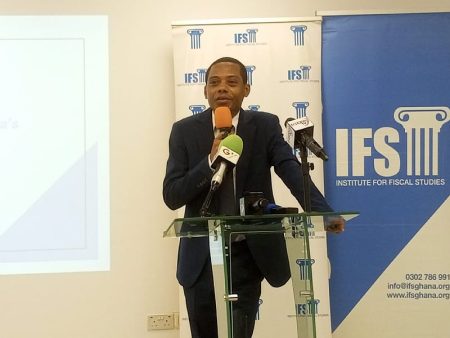The peaceful tranquility of Kongo, a village nestled in the Tempane District of Ghana’s Upper East Region, was shattered on August 2nd by a brutal and unprovoked attack. Armed assailants stormed the community, unleashing a torrent of violence upon its unsuspecting residents. The attackers, wielding guns, cutlasses, and clubs, indiscriminately inflicted injuries upon men, women, and children. Beyond the physical assaults, the attackers engaged in wanton destruction of property, razing eight compound houses to the ground and setting fire to livestock and other valuable possessions, leaving a trail of devastation and fear in their wake. The attack has left the community traumatized and deeply shaken, exposing the vulnerability of the villagers and raising urgent questions about security and the rule of law.
Community elder Sulemana Abdulai, whose brother was among the victims, recounted the horrifying ordeal, describing the sudden and unexpected descent of the armed men upon the village. He expressed his anguish at witnessing the suffering of his people and his frustration at the perceived lack of swift and decisive action by the authorities. Mr. Abdulai, bearing the weight of leadership and the responsibility to prevent further violence, has urged his community to refrain from retaliatory actions, placing his faith in the police to investigate and bring the perpetrators to justice. His plea to the government underscores the desperation of the situation and the urgent need for intervention to protect the residents of Kongo, who, he emphasizes, are Ghanaian citizens deserving of the same protection and security afforded to all under the law.
Located at a geographical crossroads between Burkina Faso and Togo, Kongo is home to three distinct ethnic groups: the Bimobas, Mossi, and Fulbe (Fulani). While the specific motives behind the attack remain under investigation, the incident highlights the complexities of inter-communal relations in a region grappling with historical land disputes and the potential for escalating tensions. The presence of multiple ethnic groups, each with its own traditions and claims to resources, underscores the need for proactive measures to promote peaceful coexistence and conflict resolution. The attack on Kongo serves as a stark reminder of the fragility of peace and the importance of addressing underlying issues that can fuel violence.
The Garu District Commander of the Ghana Police Service, ASP Kwadwo Adu, confirmed the incident and assured the public that investigations are underway. While some arrests have been made, the details surrounding the identities and affiliations of the perpetrators remain undisclosed. The police have pledged to provide protection to the residents of Kongo, aiming to restore a sense of security and prevent further outbreaks of violence. However, the residents remain apprehensive and anxious, highlighting the need for a sustained and visible police presence to rebuild trust and deter future attacks.
Kongo Assemblyman Kakani Fatawu described the attack as devastating, suggesting a connection to a long-standing land dispute currently under litigation at the Bolgatanga High Court. This perspective adds another layer of complexity to the situation, underscoring the potential for unresolved land disputes to escalate into violence. Mr. Fatawu, while acknowledging the historical coexistence of the different ethnic groups within Kongo, expressed his bewilderment at the recent surge in misunderstandings and violence. His appeal for dialogue underscores the critical need for peaceful conflict resolution mechanisms to address the root causes of the tensions and prevent future outbreaks of violence.
Mr. Fatawu’s call for increased security patrols, including military presence if necessary, reflects the gravity of the situation and the perceived inadequacy of current security measures. He also emphasized the imperative of disarming any armed groups operating in the area, highlighting the potential for these groups to further destabilize the region. His warning that the Upper East Region, already burdened by existing conflicts, cannot withstand another eruption of violence underscores the urgency of addressing the situation in Kongo before it spills over into wider unrest. The incident in Kongo serves as a microcosm of the broader challenges facing the region, highlighting the need for proactive and comprehensive strategies to address land disputes, promote inter-communal harmony, and strengthen security to protect vulnerable communities. The long-term stability and prosperity of the region depend on the ability of the government, security agencies, and local leaders to work together to address these critical issues and prevent further escalation of violence.





